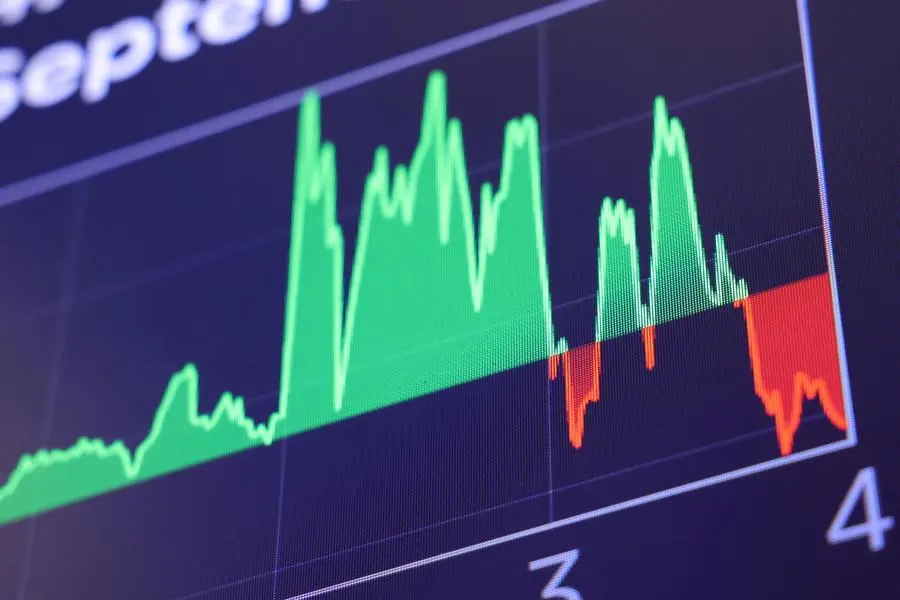PHOTO
A gauge for emerging market stocks was headed for a second straight week of gains on Friday as investors found solace in hints of a thaw in the U.S.-China trade standoff.
The MSCI Emerging Markets Index climbed 0.4% on the day and was on course for a 2.7% gain for the week, marking its second week of advances.
China exempted certain U.S. imports from its towering 125% tariffs and invited businesses to propose more goods they want to receive relief, according to businesses notified.
In Washington, the White House is contemplating measures to ease the tension, with U.S. President Donald Trump affirming on Thursday that trade negotiations are in progress.
"It remains to be seen how the current trade restrictions will be eased, whether through talks or a unilateral realisation that these tariffs are hurting themselves more than the other side," Volkmar Baur, foreign exchange analyst at Commerzbank said in a note.
"This would certainly be welcomed by the financial markets."
South Korea's Kospi index closed 0.9% higher, fuelled by the United States and Seoul's pledge to forge a trade package aimed at dismantling new U.S. tariffs, following discussions in Washington.
Across Asia, nations are dispatching delegations, hopeful that the hefty U.S. tariffs, currently paused for 90 days, might be softened.
Meanwhile, a currencies gauge held steady, signalling some caution prevailed as investors navigated a maze of mixed signals from the White House. It was poised, however, for a modest 0.1% uptick for the week.
In South Asia, Indian benchmark indexes suffered a decline of over 0.6% each, as geopolitical tensions simmered after a deadly militant attack in Kashmir escalated frictions with neighbouring Pakistan.
Islamabad's local bourse saw a decline of 0.3%, while hard-currency bonds were steady after a sharp drop on Thursday.
Markets also monitored a report of a meeting between U.S. envoy Steve Witkoff and Russian President Vladimir Putin, at a time when Moscow pressed its attack on Ukraine and an imminent ceasefire appeared unlikely.
Ukraine's international bonds inched up about one cent each, while Russia's rouble rose 0.5% ahead of a central bank monetary policy decision, with economists anticipating no change.
Poland's zloty and the local stocks index were little changed.
The government has sent a proposed judicial reform to European Union legal experts for approval in a new attempt to undo changes by its predecessor that prompted the EU to fine Poland and withhold funding for undermining judicial independence.
South Africa's rand was muted as investors awaited clarity on a disputed national budget which has spewed uncertainty about the outlook of the factitious coalition government.
Turkey's lira dipped 0.3%, with global ratings agency S&P set to review its credit rating against the backdrop of political turmoil that prompted central bank intervention to stabilize the currency.
Reuters





















